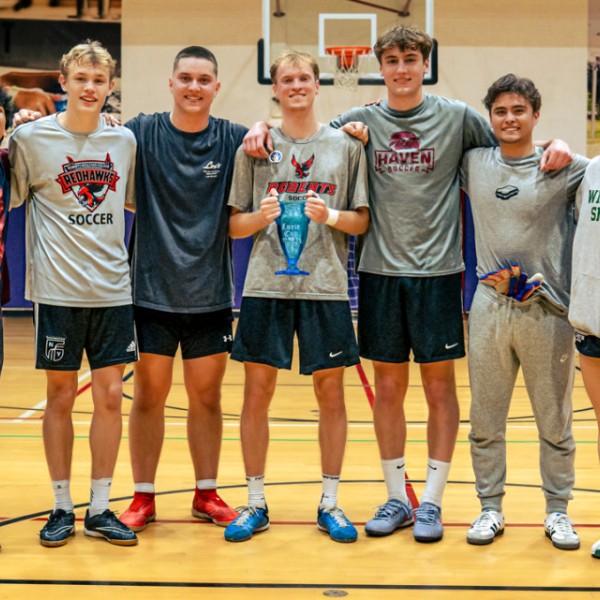A recently piloted bilateral exchange course is providing new engaged learning opportunities for students from Ithaca, New York to Quito, Ecuador. The partnership between Cornell University and the Universidad San Francisco de Quito (USFQ), Cornell’s Global Hubs partner in Ecuador, is fusing collaboration in the classroom and in the field.
The engaged course "Culture, Communities & Development: From Upstate NY to Quito, Ecuador" meets online weekly while also allowing immersive international field experiences during spring breaks: USFQ students traveled to upstate New York over their break in March, with Cornell students traveling to Quito in April. In both contexts, students met with community-based organizations to learn how they are confronting local challenges with culturally relevant approaches.
“Our time spent working with different community service organizations in Ecuador left me utterly amazed,” said Lucy Cao ’26, a global development major in CALS. “The remarkable work they do in serving local communities, along with the extreme difficulties faced by both the organizations and society as a whole, was beyond anything I had imagined prior to this firsthand involvement.”
The bilateral exchange course is the second in a new faculty-led study trip series in the Department of Global Development. This course positions students and faculty from each partner institution as co-equal participants as they collaboratively research common challenges and approaches to community development in both contexts. The dynamic exchange is strengthening the partnership between Cornell and USFQ, according to Julie Ficarra, professor of the practice in Global Development in the College of Agriculture and Life Sciences.





















